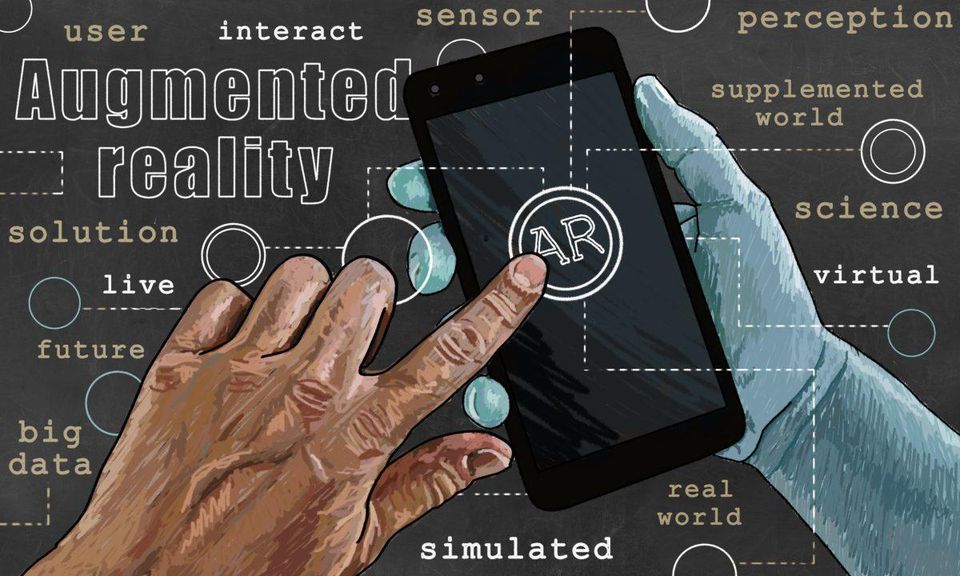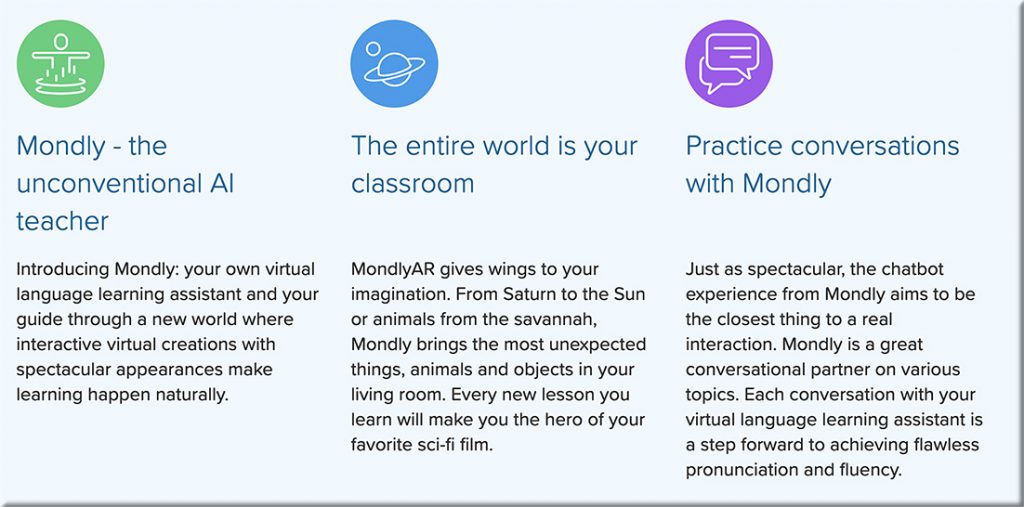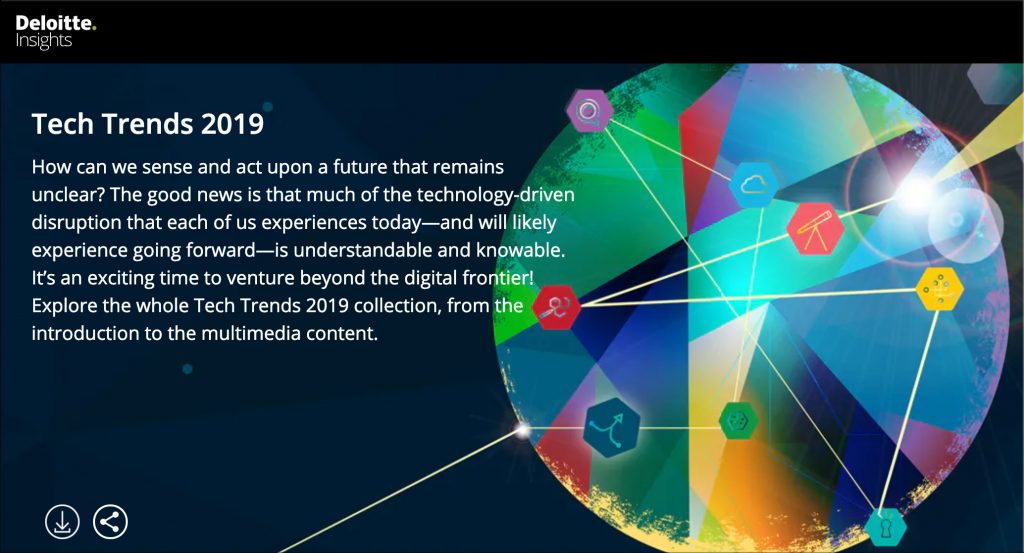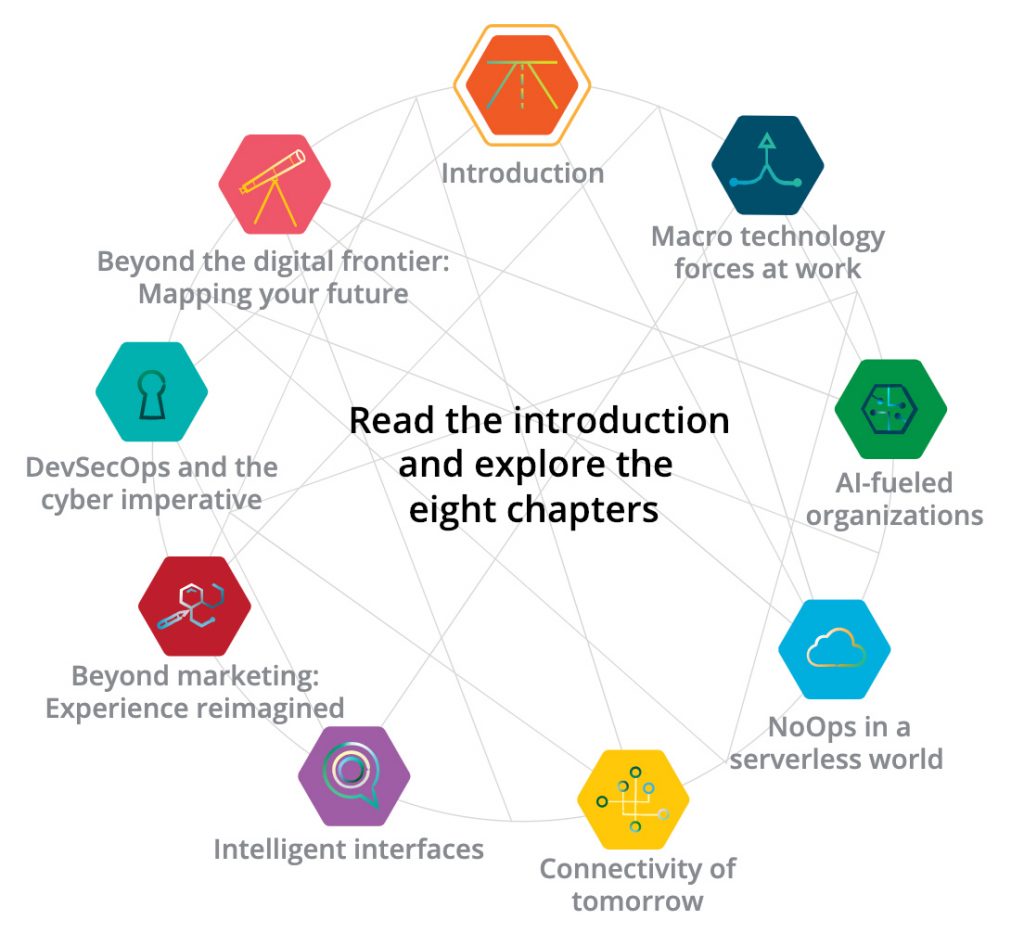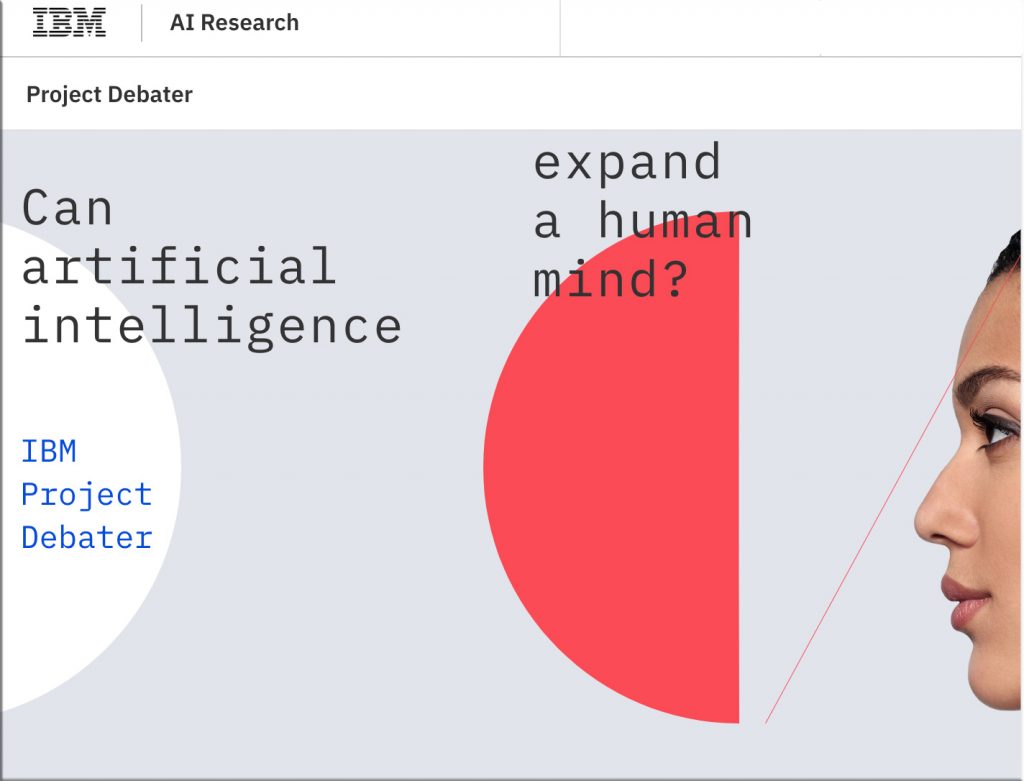Google and Microsoft warn that AI may do dumb things — from wired.com by Tom Simonite
Excerpt:
Alphabet likes to position itself as a leader in AI research, but it was six months behind rival Microsoft in warning investors about the technology’s ethical risks. The AI disclosure in Google’s latest filing reads like a trimmed down version of much fuller language Microsoft put in its most recent annual SEC report, filed last August:
“AI algorithms may be flawed. Datasets may be insufficient or contain biased information. Inappropriate or controversial data practices by Microsoft or others could impair the acceptance of AI solutions. These deficiencies could undermine the decisions, predictions, or analysis AI applications produce, subjecting us to competitive harm, legal liability, and brand or reputational harm.”
Chinese company leaves Muslim-tracking facial recognition database exposed online — from by Catalin Cimpanu
Researcher finds one of the databases used to track Uyghur Muslim population in Xinjiang.
Excerpt:
One of the facial recognition databases that the Chinese government is using to track the Uyghur Muslim population in the Xinjiang region has been left open on the internet for months, a Dutch security researcher told ZDNet.
The database belongs to a Chinese company named SenseNets, which according to its website provides video-based crowd analysis and facial recognition technology.
…
The user data wasn’t just benign usernames, but highly detailed and highly sensitive information that someone would usually find on an ID card, Gevers said. The researcher saw user profiles with information such as names, ID card numbers, ID card issue date, ID card expiration date, sex, nationality, home addresses, dates of birth, photos, and employer.
…
Some of the descriptive names associated with the “trackers” contained terms such as “mosque,” “hotel,” “police station,” “internet cafe,” “restaurant,” and other places where public cameras would normally be found.
From DSC:
Readers of this blog will know that I’m generally pro-technology. But especially focusing in on that last article, to me, privacy is key here. For which group of people from which nation is next? Will Country A next be tracking Christians? Will Country B be tracking people of a given sexual orientation? Will Country C be tracking people with some other characteristic?
Where does it end? Who gets to decide? What will be the costs of being tracked or being a person with whatever certain characteristic one’s government is tracking? What forums are there for combating technologies or features of technologies that we don’t like or want?
We need forums/channels for raising awareness and voting on these emerging technologies. We need informed legislators, senators, lawyers, citizens…we need new laws here…asap.









